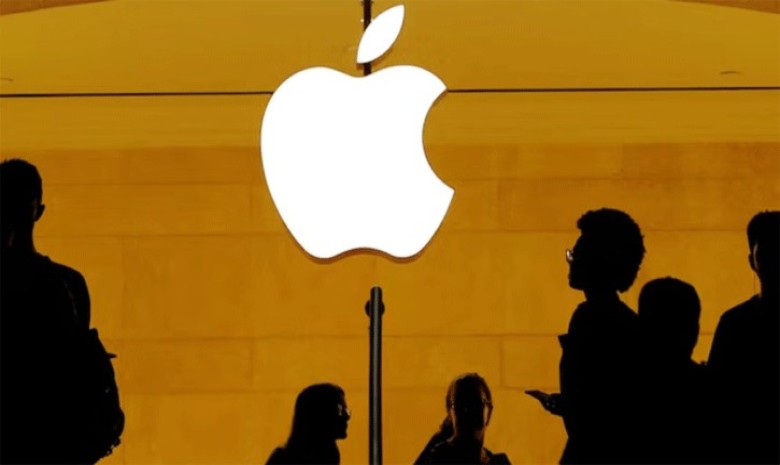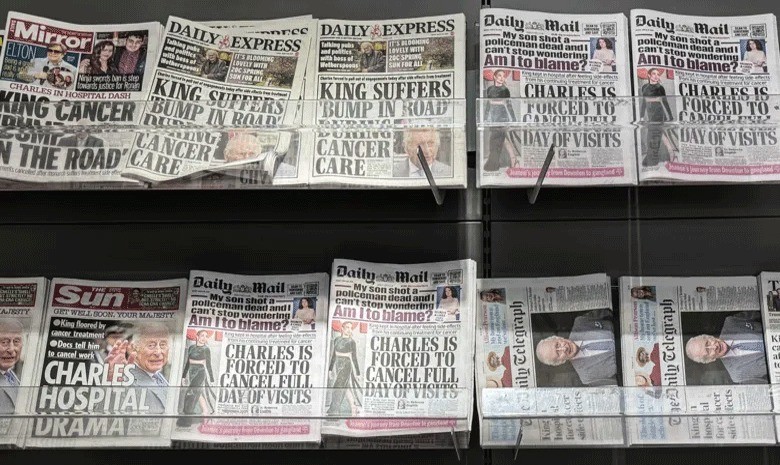Apple is reportedly considering increasing prices for its upcoming iPhone line-up this fall, a move seen as a potential way to mitigate rising costs associated with U.S. tariffs on goods imported from China. While a decision is not yet final, sources suggest the technology giant is keen to avoid explicitly linking any price hikes to the tariffs, instead potentially coupling them with the introduction of new features and design enhancements, reports The Wall Street Journal.
The discussion around price increases comes as Apple, like many multinational corporations, navigates the complexities of the U.S.-China trade tensions, which have intensified in recent months. Despite Washington and Beijing recently agreeing to temporarily reduce some reciprocal tariffs, Chinese imports, where the majority of iPhones are assembled, remain subject to a 30% levy in the United States.
Reuters reports that these tariffs have not only strained global supply chains but have also added to Apple’s operational costs. The company recently stated that tariffs were expected to result in approximately $900 million in additional costs during the April-June quarter. In response to these pressures, Apple has been accelerating efforts to diversify its manufacturing base, including shifting more iPhone production to India, and stated it would source a majority of iPhones sold in the U.S. during the current period from the country.
The possibility of a price increase has been a subject of speculation among analysts for some time. However, many have cautioned that such a move could potentially impact Apple’s market share, particularly as competitors like Samsung are actively incorporating advanced AI features into their devices, an area where Apple has been perceived as slower to implement.
Projections from financial analysts have highlighted the potential impact of tariffs on iPhone pricing. One estimate from last month suggested that the cost of the cheapest iPhone 16 model, which launched in the U.S. at $799, could theoretically rise to as much as $1,142 due to the tariffs, representing a significant 43% increase.
According to reports, Apple may seek to justify any potential price increases for the new iPhones by integrating them with notable upgrades, such as new features and design changes, including a rumoured ultrathin design. This strategy could help frame the higher cost as being tied to enhanced product value rather than external economic factors like tariffs.
The situation for Apple echoes challenges faced by other major companies caught in the trade dispute. Last month, Amazon.com faced scrutiny from the White House after its low-cost Haul unit considered indicating import charges related to U.S. tariffs, leading the Trump administration to publicly criticize the company.
As Apple prepares for its fall product launches, the decision on iPhone pricing will be closely watched by consumers, investors, and industry observers alike, offering insights into how the company intends to balance tariff-related cost pressures with market competitiveness and the perceived value of its latest devices.
Total views: 783



























